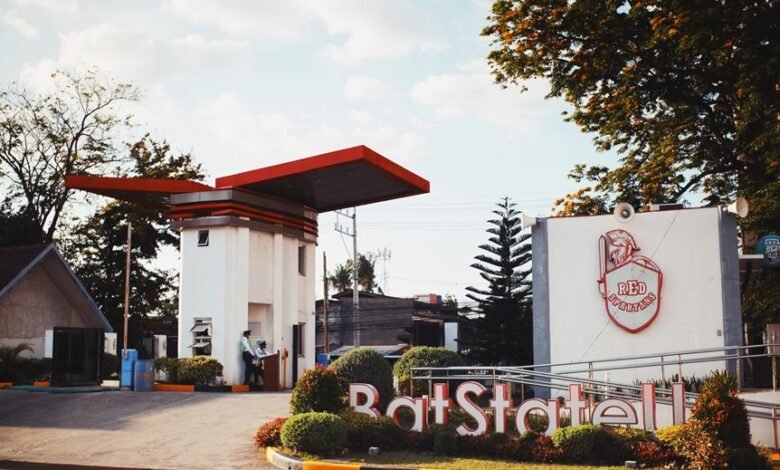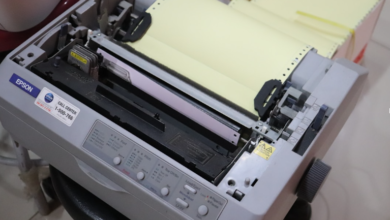Mutf_In: Kota_Cons_Reg_Et75ha

The Mutf_In initiative represents a significant shift in urban food distribution strategies. It emphasizes sustainability and community involvement through eco-friendly logistics and smart infrastructure. This approach not only aims to improve food access but also seeks to minimize waste. As urban centers grapple with increasing populations and environmental challenges, the implications of Mutf_In on future urban development warrant closer examination. What transformative changes could emerge from its implementation?
Overview of Mutf_In Initiative
The Mutf_In initiative represents a strategic framework aimed at enhancing the efficiency and sustainability of food distribution systems within urban environments.
By integrating eco-friendly practices, it seeks to bolster urban resilience against challenges such as climate change and resource scarcity.
This initiative promotes innovative solutions that streamline logistics, reduce waste, and foster a more equitable food system, ultimately benefiting urban populations.
Key Components of Sustainable Urban Design
Sustainable urban design encompasses a range of interconnected components that aim to create livable, resilient cities.
Key elements include green architecture, which promotes energy efficiency and environmental harmony, and the integration of urban biodiversity, enhancing ecological health and resilience.
Together, these components facilitate the development of spaces that empower communities while respecting natural systems, fostering a sense of freedom and connection to the environment.
Community Engagement and Technological Integration
While urban design increasingly relies on innovative technologies, effective community engagement remains essential to ensure that these developments meet the needs and desires of residents.
Digital participation facilitates a two-way dialogue, allowing residents to express their preferences.
Integrating smart infrastructure with community input enhances sustainability and functionality, ultimately fostering a sense of ownership and responsibility among citizens, crucial for vibrant urban environments.
Implications for Future Urban Development
As urban environments evolve, the implications for future development are profound, necessitating a reevaluation of traditional planning methodologies.
The transition towards smart cities emphasizes the integration of technology and sustainability, promoting efficient resource management.
Additionally, enhancing green spaces becomes essential, fostering biodiversity and improving residents’ quality of life.
Ultimately, these developments reflect a commitment to creating livable, adaptive urban landscapes that prioritize freedom and well-being.
Conclusion
The Mutf_In initiative demonstrates a compelling model for sustainable urban food distribution, challenging the conventional approaches to food access and waste management. By fostering community involvement and leveraging technology, it posits that urban resilience can be achieved through collaborative efforts. This theory suggests that when residents actively participate, they not only enhance their own food security but also contribute to a more equitable and environmentally conscious urban ecosystem. Future urban development may hinge on such integrative frameworks.






